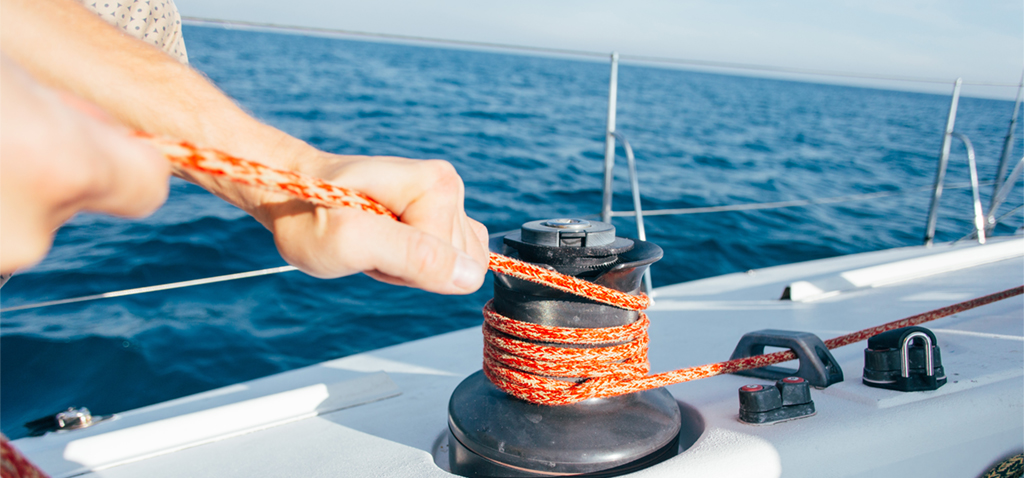The study, published in the ‘Disability and Health Journal’, 1st in the ‘Ranking Journal Citation Reports’, involved more than 50 elite athletes with disabilities from 19 countries.
Researchers from the University of Cadiz, belonging to the group CTS-1081: Photoprotection and Prevention of Skin Cancer, in collaboration with the Institute for Biomedical Research and Innovation of Cadiz (INiBICA), the Andalusian Centre for Sports Medicine, the REDISSEC Research Unit of the Costa del Sol Health Agency (Marbella) and the Dermatology Department of the Costa del Sol Hospital (Marbella), have carried out a study focused on the behaviours, attitudes and knowledge related to the sun among Paralympic sailors. This innovative work, of great importance for social transfer, has been possible thanks to the collaboration of 56 elite sailors with disabilities from 19 countries participating in the 2019 World Sailing Championships, held in July in Puerto Sherry (El Puerto de Santa María – Cádiz).
Outdoor sports are associated with physical, mental and social benefits. However, several studies among athletes have found that they are subjected to significant levels of exposure to solar radiation, which often results in high rates of sunburn, combined with low adherence to photoprotective behaviours. Furthermore, “water sports have a higher risk of skin cancer due to their training schedules and conditions, which are most frequently performed during the spring and summer months and at the hours of highest UV exposure (between 10am and 4pm), not to mention the frequent use of reflective water surfaces”, as noted in the study published in the Disability and Health Journal, first in the ‘Ranking Journal Citation Reports’.
This is the first study to focus on Paralympic sailors and their relationship with the sun. To this end, “exposure habits, sun protection practices, attitudes and knowledge related to the sun” among these athletes have been evaluated. The data, which have been coded and analysed, were obtained through a questionnaire.
Among the conclusions of this research is the fact that “the rate of sunburn in the previous season (in 2018) was very high”. Thus, 76.8% of the athletes studied had suffered at least one sunburn. Similarly, “the most common sun protection practices were the use of sunglasses (85.7%), sunscreen (83.9%), hat (75%) and long sleeves/long trousers (48.2%)”; while “the least common were avoiding midday sun (28.6%) and using shade (43.6%)”. As for reapplying sunscreen, “nearly a third of participants (33.9%) reported ‘not reapplying’ and only a few (16.1%) reported reapplying every one to two hours”, despite the fact that most of them, 82.1%, reported being concerned about skin cancer that can be caused by the sun.
The main conclusions of this study reveal that Paralympic sailors “had high rates of sun exposure, poor adherence to sun protection practices, unsatisfactory attitudes and limited knowledge related to sun exposure and skin cancer”. Therefore, the authors of this study recommend that public health administrations and sports organisations conduct sun protection campaigns aimed at the sports community, especially athletes with disabilities, to improve adherence to sun protection behaviours for the prevention of skin cancer in the outdoor sports environment.
Among the advice given by the experts to prevent skin damage are: check the UVI index throughout the year; limit exposure to the sun during midday, try to stay in the shade whenever possible; use sports clothing that complies with technical photoprotection regulations; use hats and sunglasses during sports; and use sun creams and renew them at least every two hours. The scientists also point out that “about 20 minutes a day of sun exposure is needed to maintain adequate vitamin D levels. Beyond this time, we will not obtain any more benefits and we will put the health of our skin at risk”.
All in all, it only remains to say that “you have to make your sports practice safe. Check your skin regularly and consult your doctor if you notice a wound that does not heal, a tumour that increases in size or a mole that changes its appearance”, as the researchers of this study, whose first author is Professor José Vicente Gutiérrez-Manzanedo, from the Department of Didactics of Physical, Plastic and Musical Education, state.
Bibliographic reference: J.V. Gutiérrez-Manzanedo, G. De Castro-Maqueda, I. Caraballo Vidal, J.L. González-Montesinos, C. Vaz Pardal, F. Rivas Ruiz, M. De Troya-Martín (2021): ‘Sun-related behaviors, attitudes and knowledge among paralympic sailors’. Journal of Disability and Health. https://doi.org/10.1016/j.dhjo.2021.101095


